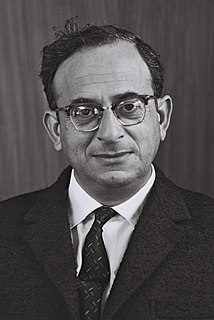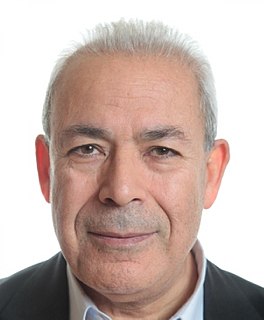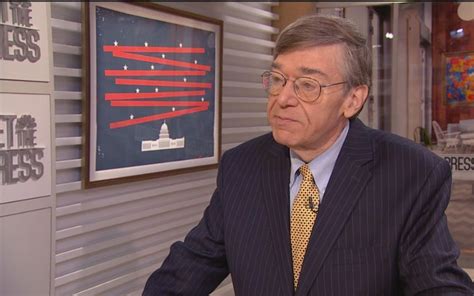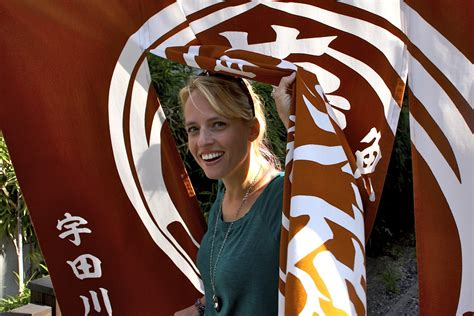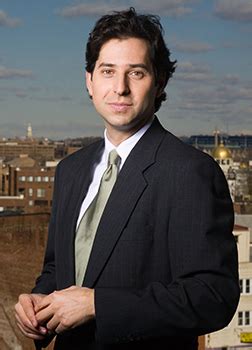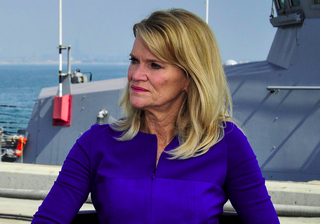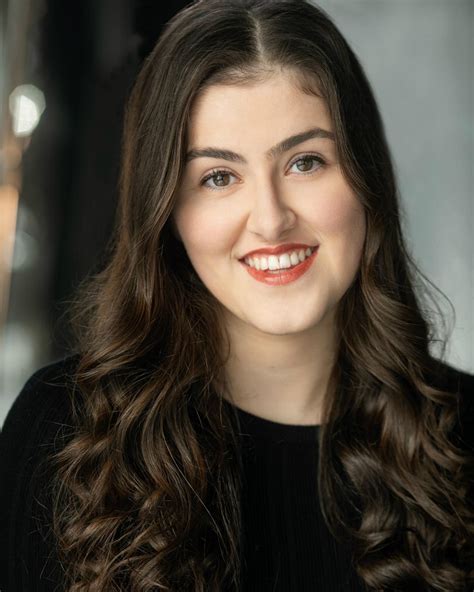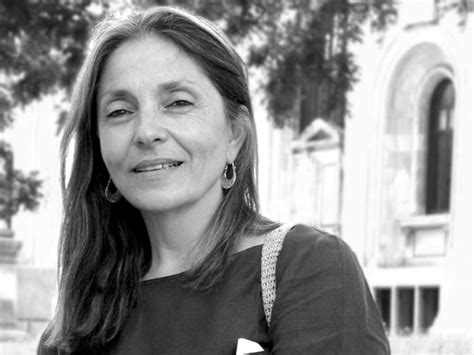A Quote by Annia Ciezadlo
I'm optimistic, though. Now, with the Arab Spring, I think that people in the region are beginning to overturn some of these clichés, and Western editors are starting to catch up. We're seeing some exceptions to the stereotypes, like Elizabeth Rubin's great piecein Newsweek, "The Feminists in the Middle of Tahrir Square." But an article like that shouldn't be the exception. It should be the rule.
Related Quotes
There's a long history in the Middle East of "bread intifadas," starting with 1977 in Egypt, when Anwar Sadat tried to lift bread subsidies. People rebelled and poured into Tahrir Square, shouting slogans against the government just like they did earlier this year. Sadat learned his lesson and kept bread subsidies in place, and so did a host of other Middle Eastern dictators - many of whom were propped up for years by the West, partly through subsidized American wheat.
So much of the United State's political relationship with Israel is based on culture. Israel is the only Westernized culture in the region and the Middle Eastern countries bordering Israel are Arab, which is a totally different society. Even though Israel doesn't exactly feel like the United States, by comparison to its neighbors it's very Western.
The Syrian people will never forget those who extended their hand to help them rid of their dictatorship. The Syrian people also would love to be friends with all nations. I think the new Syria will contribute greatly to the return of regional stability and the birth of common development with Arab nations and the region. The only exception is those countries that still harm the Syrian peoples and take some of their rights. We are looking for a region where cooperation, prosperity, and peace flourish.
I think magazines like Glamour have the ability to have a great impact. Glamour has the ability to expose them to things like feminism that they may not be well acquainted with. In fact, Glamour has done that in the past - when I was in eighth grade I read an article in Glamour magazine about female feticide and infanticide that actually sparked my entire interest in feminism. I hate it when some feminists say we should get rid of beauty and fashion magazines - I think there's room in feminism for fashion, for fun, for talking about sex and friendships and relationships, etc.
I let myself go at the beginning and write with an easy mind, but by the time I get to the middle I begin to grow timid and to fear my story will be too long. . .That is why the beginning of my stories is always very promising and looks as though I were starting on a novel, and the middle is huddled and timid, and the end is...like fireworks.
I mean, let's face it, it's 2000 and people are beginning to wake up on some level. I think that, as I was saying earlier, there's just no denying the impact that showing people the truth can have. It allows people to understand themselves, and when you understand yourself you can understand the people around you. And then you can begin to let go of all the bullshit that leads into things like world wars, racism, stereotypes, and bigotry.
I think feminism has always been global. I think there's feminism everywhere throughout the world. I think, though, for Western feminism and for American feminism, it not so surprisingly continues to center Western feminism and American feminism. And I think the biggest hurdle American feminists have in terms of taking a more global approach is that too often when you hear American feminists talk about international feminism or women in other countries, it kind of goes along with this condescending point of view like we have to save the women of such-and-such country; we have to help them.
I would like to stress this point undoubtedly: France sees the Arab Spring as auspicious. The Arab Spring holds out tremendous hope - hope for democracy and the rule of law, hope for peace and stability, hope for better future in which every person can pursue goals commensurate with his or her needs, talents and ambitions.



